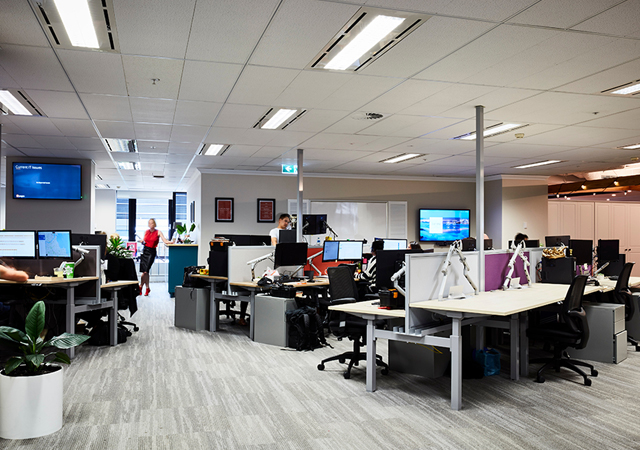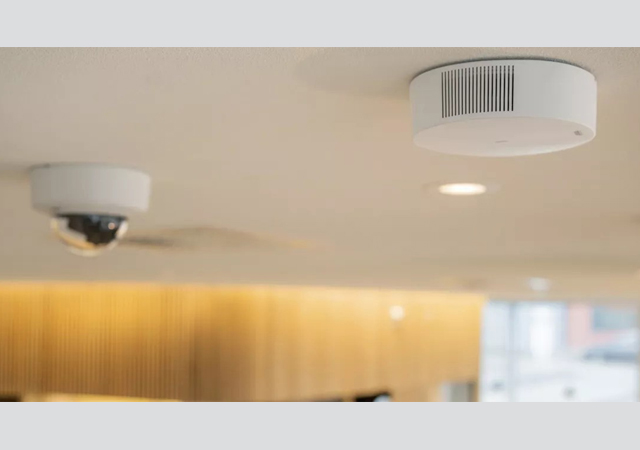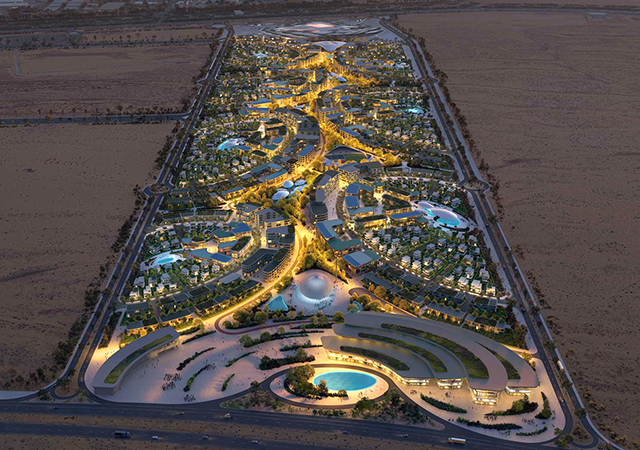
THE Sultanate is going ahead with privatisation in a big way with four power projects having been awarded on a build-own-operate-transfer (BOOT) basis: Salalah, Barka, Kamil and Al Manah (which is operational).
At the end of last month, Electricity and Water Minister Shaikh Mohammed bin Ali Al Qatabi signed a Memorandum of Understanding (MoU) with Dhofar Power Consortium (DPC) concerning the privatisation of the Salalah Power System. The MoU contains the terms and conditions agreed between the government and the consortium and will lead to the signing of all project agreements early next year. Negotiations with the government were long-drawn out and took over a year.
Unlike the Al Kamil and Barka concessions, which are standard independent power projects, the Salalah concession is a vertically integrated utility - the first of its kind in the Middle East - involving power generation, transmission, distribution and billing. Under the concession, Dhofar Power Consortium, led by PSEG Global, will make an initial investment of $260-275 million to build a world-class 200 MW gas-fired electricity generation facility and completely modernise the Salalah transmission and distribution network including upgrading the highest voltage level of the network to 132 kV.
The power system will be developed on a BOOT basis against a 20-year concession.
The project will be built by Larsen & Toubro of India, as engineering and procurement contractor, with General Electric supplying the power plant. Sargent & Lundy of the US will undertake the project design.
BNP Paribas is the financial adviser for the consortium, while ABN Amro, along with Mott MacDonald and Denton Wilde Sapte are the advisers for the government. The project is expected to achieve financial closure and start construction by mid-2001, while commercial operation is set for the first quarter of 2003.
The project is planned to cater to all major load centres in the Dhofar region, including the planned free zone and associated industries to be built around the new transmission hub in Salalah. Gas for the power project will be delivered through a 700-km pipeline to be constructed from Saih Nihayda gas fields.
The Oman Tender Board last month awarded a consortium led by the US-based power company AES Corporation, the RO175 million ($454 million) Barka project. It includes a power station with a generating capacity between 400 and 440 MW and a seawater desalination plant with a capacity of 20 million gallons a day.
The project would supply Sohar Port, Sohar Industrial Estate and all the wilayats of the Batinah region with electricity and link them to the Governorate of Muscat. Later, the station will be linked to the national power grid (see Regional News).
In July, the Tender Board signed a 15-year BOOT agreement worth RO68 million ($176.6 million) with Britain's National Power Plc to run a 240-MW power plant plant at Al Kamil in eastern Oman. The firm will have the option to renew the agreement at the end of the term. The project is expected to be operational in April 2002.
National Power has now appointed South Korea's Hyundai Engineering to build the plant in the Sharqiya region at a cost of $95 million. Construction is expected to start at the end of the year and will take 15 months to complete.
Al Hassan Engineering Company has been awarded the RO24.4 million ($68.9 million) Sharqiya transmission system project which will complement the Al Kamil power project. Al Hassan had bid for the Sharqiya project in co-operation with India's Jyoti Structure.Its scope includes the laying of 132 kV overhead lines stretching 304 km from Izki to Sur with nine new substations linked to the network. The Sharqiya project is to be completed in 18 months. Al Hassan will supply low-voltage switchgear. A total of 811 transmission towers, each 45 m high, will be erected on a 304-km stretch.
Oman has one private power plant in operation at Al Manah operated by United Power Company (UPC). A RO40 million ($104 million) project to triple power generation capacity at the plant was complete in July by General Electric of the US, which was awarded the contract on a turnkey basis in 1999. The project has boosted its capacity to 270 MW from 90 MW.
It is now drafting a new law for establishing a specialised regulatory institution to monitor the power sector, especially the emerging independent power producers. The plan is in line with the restructuring programme in the power sector and the new law is expected to be enacted in 2001, according to Al Qatabi.






.jpg)









.jpg)




































.jpg)












